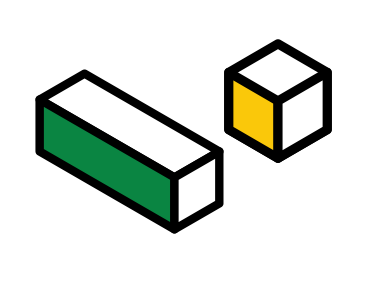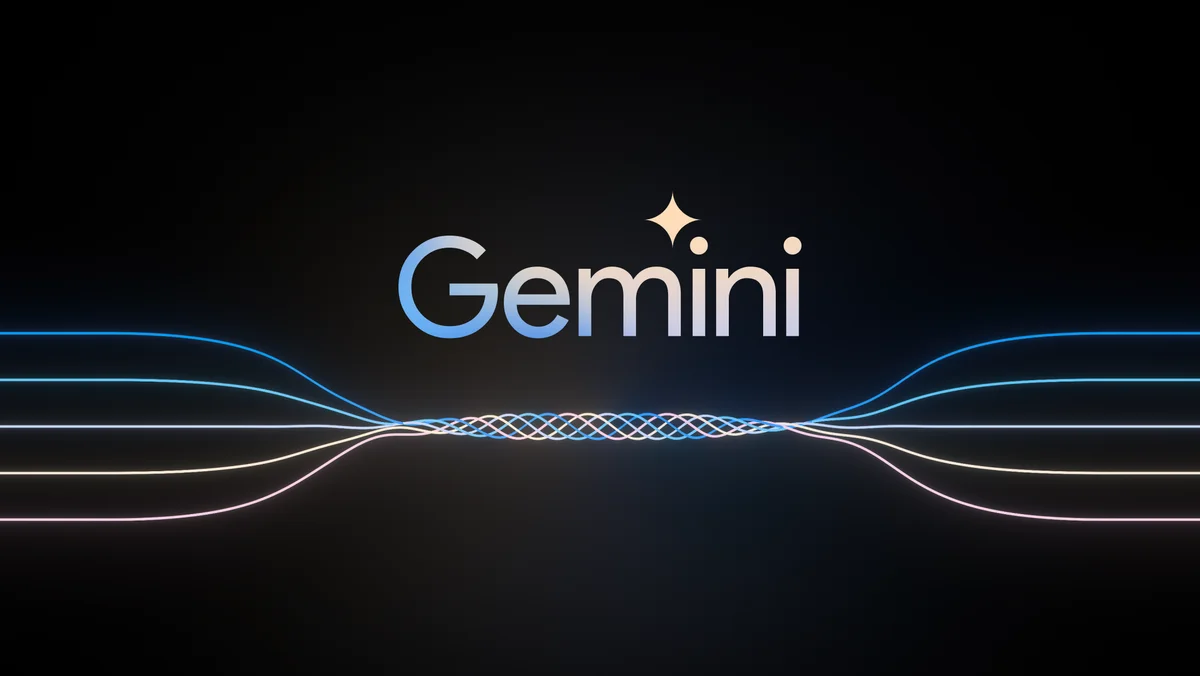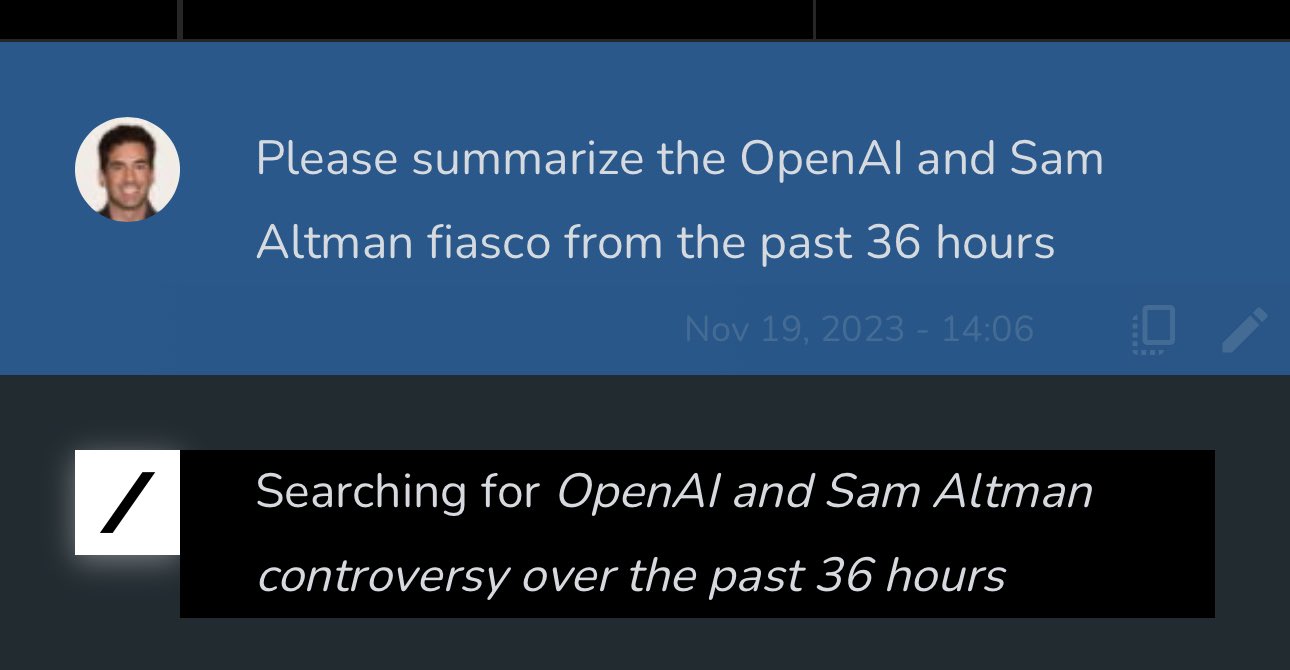

Diversifying the LLM Landscape: Google's Gemini Challenges OpenAI's Dominance


Introduction
The realm of Large Language Models (LLMs) has long been shaped by OpenAI's GPT series. However, the recent release of Google's Gemini hints at a shift in the AI landscape. With OpenAI facing its own set of challenges, the entry of Gemini and contributions from the open-source community, like Mistral's 7B and tools like Ollama, are adding much-needed diversity to the field of LLMs.
1) The Need for Alternatives in LLMs
OpenAI's recent challenges have highlighted the risks associated with a single provider dominating a crucial technology like LLMs. The debut of Google's Gemini is not just a competitive response but a crucial step towards a more diversified AI ecosystem. The significance of this development extends beyond technical capabilities; it represents a move towards a more balanced and competitive AI landscape.
2) Google Gemini's Capabilities and Comparison to GPT
Gemini stands out with its multimodal capabilities, integrating various forms of data input, including text and visuals. When comparing Gemini to OpenAI's latest, GPT-4, it's evident that Gemini brings its own strengths to the table, particularly in areas like multimodal tasks and sophisticated reasoning in complex subjects.
Wes Roth on Youtube has done a comprehensive video on this topic and I would recommend reviewing it below if this interests you.
3) The Controversy Around Gemini's Demo
Google's Gemini caught attention not just for its technical prowess but also for the controversy surrounding its demo video. Accusations of fabrication have sparked discussions about the authenticity of AI demonstrations, underscoring the importance of transparency in this rapidly evolving field.
Let's go hands-on with #GeminiAI.
— Google (@Google) December 6, 2023
Our newest AI model can reason across different types of inputs and outputs — like images and text. See Gemini's multimodal reasoning capabilities in action ↓ pic.twitter.com/tikHjGJ5Xj
4) The Rise of Open Source Models and Supporting Frameworks
The AI community isn't just witnessing advancements from tech giants. Open source initiatives like Mistral 7B are demonstrating that community-driven projects can keep pace with commercial offerings. Additionally, frameworks like Ollama are crucial in supporting the growth and accessibility of AI technologies
5) Introduction to Grok.ai
Grok.ai, developed by xAI and initiated by Elon Musk, is a generative AI chatbot based on large language models. It's designed to answer questions with wit and a rebellious streak, even responding to queries typically rejected by other AI systems. Grok has been characterised as "anti-woke" and has sparked discussions on AI's role in information dissemination and bias. Its standout feature, besides its wicked sense of humour, is the fact that it has access to the latest tweets on X.com - making it up to date with the latest news and information.

Conclusion
The current landscape of AI and LLMs is a testament to rapid innovation. Whatever your AI needs may be today, if not currently achievable, are likely just a few months away from realisation. This fast-paced development is transforming the AI landscape, offering more choices and capabilities than ever before.
More insights